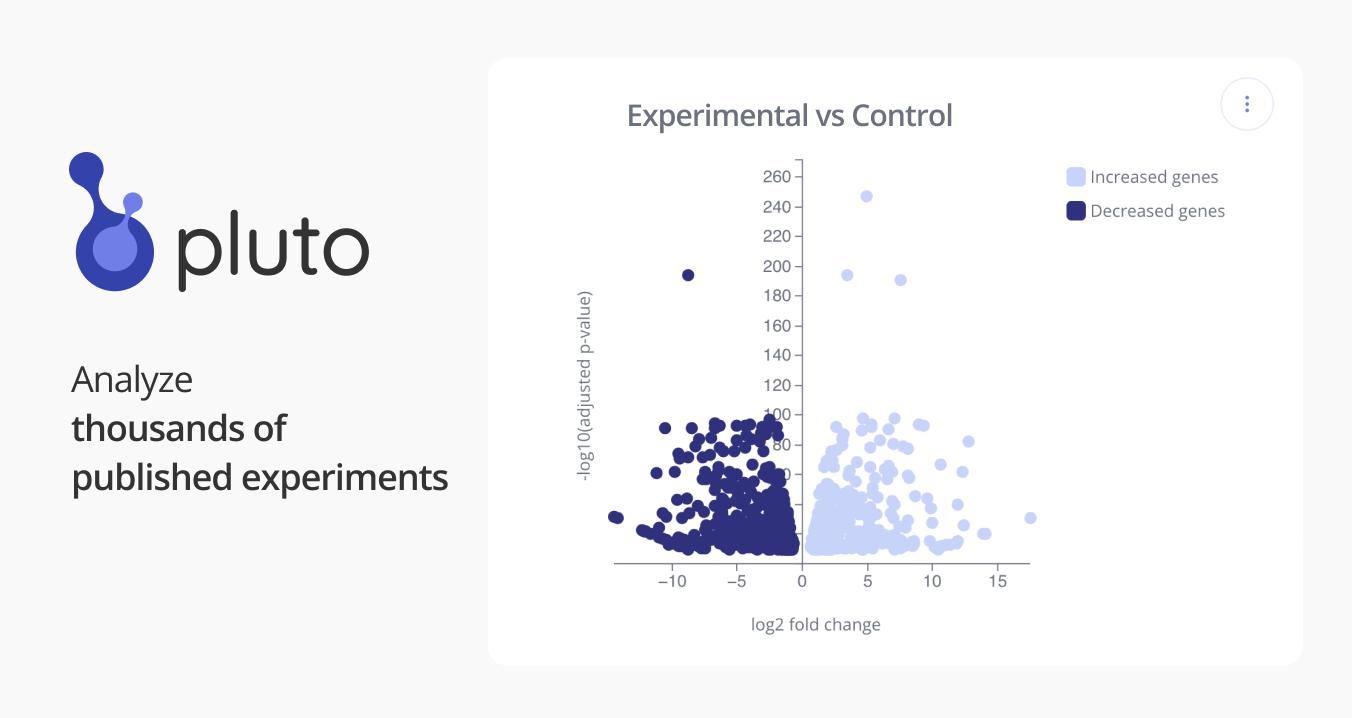Pluto Bioinformatics
GSE122313: Ikaros prevents autoimmunity by promoting anergy induction and restraining Toll-like receptor signaling in B cells
Bulk RNA sequencing
Establishment of a diverse B-cell receptor (BCR) repertoire by V(D)J recombination generates autoreactive B-cells that are eliminated by central tolerance in the bone marrow or down-regulate their BCR responsiveness to self-antigen during anergy induction in peripheral B-cells. The loss of anergy combined with hyperactivation of nucleic acid-sensing Toll-like receptors (TLRs) is thought to break B-cell tolerance leading to autoimmunity, although the transcriptional factors controlling these processes are still unknown. Here, we describe a critical role of Ikaros in promoting B-cell anergy and restraining TLR signaling by analyzing mice with specific deletion of Ikaros in mature B-cells, which resulted in systemic autoimmunity. While regulating many anergy-associated genes, Ikaros also activated the Zfp318 gene, implicated in down-tuning of the BCR responsiveness by shifting expression from IgM to IgD in anergic B-cells. TLR signaling was hyperactive in Ikaros-deficient B-cells, which failed to up-regulate feedback inhibitors of the MyD88-NF-?B signaling pathway. Systemic inflammation was lost upon expression of a non-self-reactive BCR or loss of MyD88 in Ikaros-deficient B-cells, which identified Ikaros as a guardian preventing autoimmunity by coordinately regulating anergy induction and TLR signaling. SOURCE: Markus Jaritz (markus.jaritz@imp.ac.at) - Busslinger IMP
